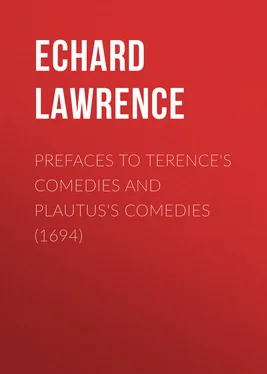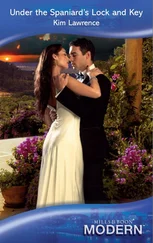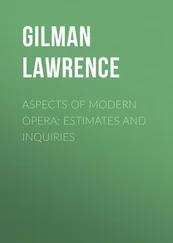Our Author’s Excellent Latin is now the greatest Cause of his Esteem, and makes him so much read in the World; but for certain, he that reads him purely for his Latin sake, does but a quarter read him; for ’tis his Characters and Plots have so far rais’d him up above the rest of the Poets, and have gain’d him so much Honour among the Criticks in all Ages. His Stile, tho’ so very extraordinary, in a great measure may be learnt by Industry, long Custom, and continual Usage, and has been imitated to a high degree by several; and indeed this was but as rich Attire, and outward Ornaments to set off a more beautiful Body. But in his Characters and Manners there it is that he triumphs without a Rival; and not only Dramatick, but all other Poets must yield to him in that Point. For these are drawn exactly to the Life, perfectly just, truly proportionably, and fully kept up to the last; and as for their being natural, Rapin says, That no Man living had a greater insight into Nature than he. The more a Man looks into ’em, the more he must admire ’em; he’ll find there not only such Beauty in his Images, but also such excellent Precepts of Morality, such solid Sense in each Line, such depth of Reasoning in each Period, and such close arguing between each Party, that he must needs perceive him to be a Person of strong Sense and Judgment. His Deliberations are most compleat, where all the several Accidents, Events, Dangers, Casualties, good and bad Consequences are fully summed up and clearly urg’d; so are the Answers of each Person as perfect, where every thing is so well fitted, so home, and so natural, that if one shou’d study upon ’em never so long, he cou’d scarce find any thing more to the purpose. He had a peculiar Happiness at pleasing and amusing an Audience, perpetually keeping ’em in a most even, pleasant, smiling Temper; and this is the most distinguishing part of his Character from the rest of the World; his Pleasantries were somewhat Manly, and such as reach’d beyond the Fancy and Imagination, even to the Heart and Soul of the Audience; and what is more remarkable yet, one single Scene shall please a whole day together; a Secret which few or no other Poet ever found out.
Конец ознакомительного фрагмента.
Текст предоставлен ООО «ЛитРес».
Прочитайте эту книгу целиком, купив полную легальную версию на ЛитРес.
Безопасно оплатить книгу можно банковской картой Visa, MasterCard, Maestro, со счета мобильного телефона, с платежного терминала, в салоне МТС или Связной, через PayPal, WebMoney, Яндекс.Деньги, QIWI Кошелек, бонусными картами или другим удобным Вам способом.
The Comedies of Terence: Echard’s Translations Edited with a Foreword by Robert Graves (London, 1963), pp. viii-ix. Graves (p. ix) says that Echard’s translation of Terence was made in 1689, when he was only nineteen. I have been unable to find any evidence in support of this statement.
No copy of the Duke of Savoy’s Dominions appears to be extant. It is not recorded in Wing, but appears in The Term Catalogues, 1688-1709 ., ed. Edward Arber (1903-1906), II, 380. This must have been much smaller than Echard’s other publications in this year: it cost only 3d. against the first two’s 1s. 6d.
A General Ecclesiastical History .. (London, 1702), sig. b1.
The Letters of Joseph Addison , ed. Walter Graham (Oxford, 1941), p. 504.
Recently republished with an introduction by Peter Ure as No. XIV (1958) in the University of Liverpool Reprints.
“Dryden, Tonson, and Subscriptions for the 1697 Virgil ,” PBSA , LVII (1963), 147-48. Raymond Havens makes a rather different emphasis in his “Changing Taste in the Eighteenth Century,” PMLA , XLIV (1929), 501-18.
Items 450 and 595 in The Library of William Congreve , ed. John C. Hodges (New York, 1955). Project Gutenberg e-text 27606
Les comédies de Plaute , ed. and trans. Anne Dacier (Paris, 1683). For a further statement of her views, see Les comédies de Térence (Paris, 1688).
In particular, see his discussion of the liaisons which is derived from François Hédelin, Abbé D’Aubignac, La practique du théâtre .. (Paris, 1669), pp. 117-19, 315-20. D’Aubignac’s work was translated into English as The Whole Art of the Stage .. (1684).
Plautus’s Comedies , sig. a8v; Terence’s Comedies , p. xiii.












